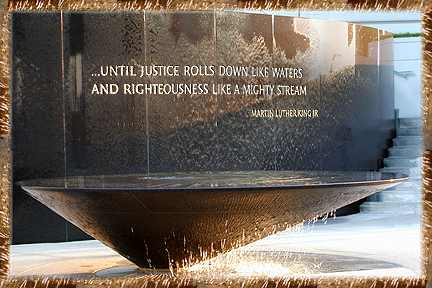Analysis of Genghis Khan's principles
Now that I am getting close to finishing this book, I have enough information to analyze the protagonist, Genghis Khan. Genghis Khan started from humble beginnings, born into a low class family, Genghis Khan or Temujin (his birth name) showed much determination and strength, as well as a keen instinct for survival. His childhood was harder than most, his father was poisoned by a rival clan, his family plundered and then left to starve on the harsh steep, and he was taken captive as a slave for many years of his early life. From many of his early experiences, Genghis Khan developed many strict taboos, that he would enforce for himself and for his many followers. These included, no torture, no taking of hostages, and safety for all diplomats. Many of the peoples that the Mongols encountered thought they were savages, killing everyone in their path. But many of these cities and peoples were destroyed because their leaders killed the Mongol's diplomats, who were sent to offer a full surrender to the cities inhabitants. The Mongols did not take hostages. When they entered a fallen city, they would not take the knights and lords hostage, as was custom in much of Europe for ransom, instead they would simply execute them. However once the Mongols were fighting a Russian walled city, and the city's King fought so fiercely and bravely, that once his city was fallen they let this king live in honor of his bravery. The outlaw of torture, hostages, and the murder or mistreatment of ambassadors became universal through out the entire Mongol empire during the reign of Genghis Khan. These policies are one of the Mongol empires greatest contributions to the societies that they conquered, many of which kept these principles long after the Mongols had left. The legacy of Genghis Khan and his mighty Mongol empire is etched into almost every part of the making of the modern world, from the re-connection of Europe, Middle east and China, and the extensive boom of the overland trade that occurred as a result, to the breaking of old unwanted empires, to the spreading of culture, new ideals, and war technology, Genghis Khan and his noble warriors changed all of history.
El Fin
16 years ago


